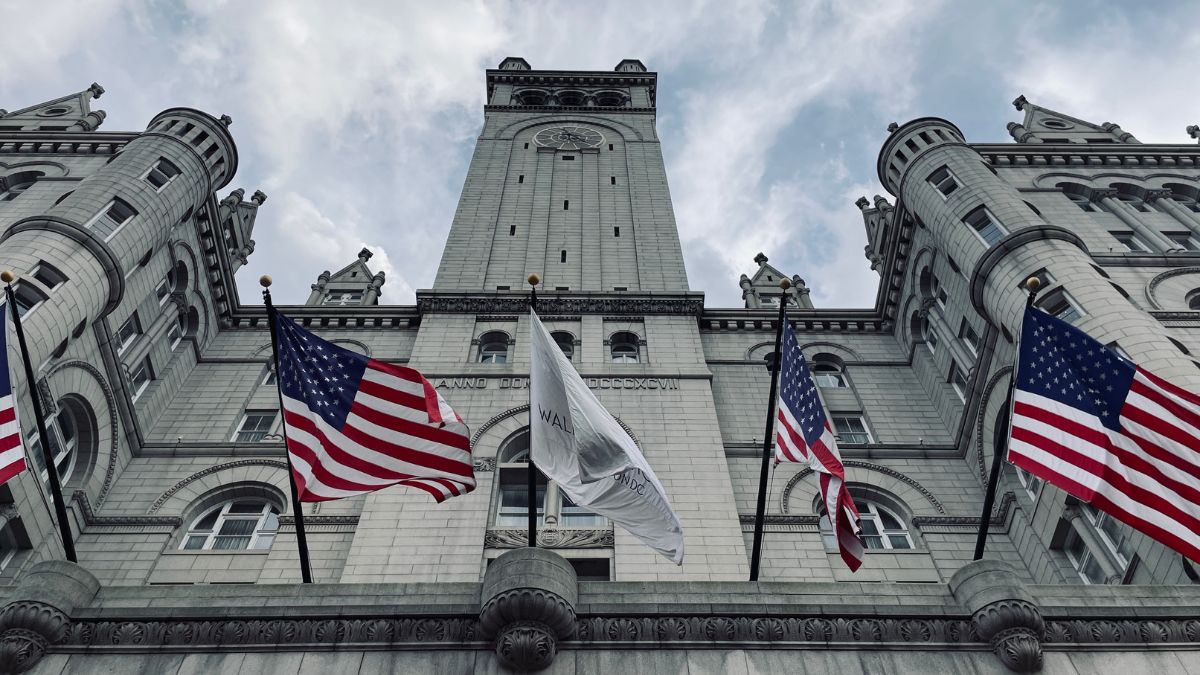In a dramatic escalation of the U.S.-China trade war, former President Donald Trump has announced an immediate increase in tariffs on Chinese goods to 125%, up from the 104% rate that was imposed earlier this week. The announcement was made via a post on Trump’s Truth Social account late Wednesday.
“Based on the lack of respect that China has shown to the World’s Markets, I am hereby raising the Tariff charged to China by the United States of America to 125%, effective immediately,” Trump wrote. He stated that China can no longer continue “ripping off” the United States and other countries.
Trump further mentioned that more than 75 countries have reached out to U.S. officials from departments such as Commerce and Treasury to negotiate solutions related to trade barriers, currency manipulation, and tariffs. As a result, the U.S. is implementing a 90-day pause for these countries, during which a reduced reciprocal tariff of 10% will be applied, also effective immediately.
Background: From 104% to 125% — and China’s 84% response
Earlier this week, the U.S. imposed a 104% tariff on all imports from China. The move was quickly countered by Beijing, which raised its tariffs on American goods from 34% to 84%, a development announced by China’s Ministry of Finance.
The retaliatory increase from China is expected to impact a wide array of U.S. exports, further intensifying trade tensions and potentially sparking disruptions across global markets, trade routes, and inflation expectations.
China also released a six-chapter white paper on the same day, titled “China’s Position on Some Issues Concerning China-U.S. Economic and Trade Relations.” The document criticized the rising protectionism in U.S. policy and emphasized that bilateral trade had historically been mutually beneficial. It also reiterated China’s support for WTO principles and highlighted its efforts to reform its domestic trade systems, improve market access, and strengthen intellectual property protections.
However, the white paper firmly accused the U.S. of overusing national security clauses, applying retaliatory tariffs arbitrarily, and undermining the foundation of previous trade agreements.
Global economic implications
This latest tariff escalation, from 104% to 125%, comes amid growing fears of a global economic slowdown, with rising protectionism threatening international trade stability. While Trump maintains that the new tariffs will pressure China to negotiate, economists warn that such aggressive trade measures may lead to supply chain disruptions, inflationary pressures, and increased costs for American consumers and businesses alike.
Meanwhile, markets continue to reel under volatility. U.S. stock futures have seen wild swings in recent sessions, and crude oil prices fell to a four-year low amid fears of weakening global demand. Global investors are closely watching how China will respond to this latest move — and whether a breakthrough in dialogue will emerge.


